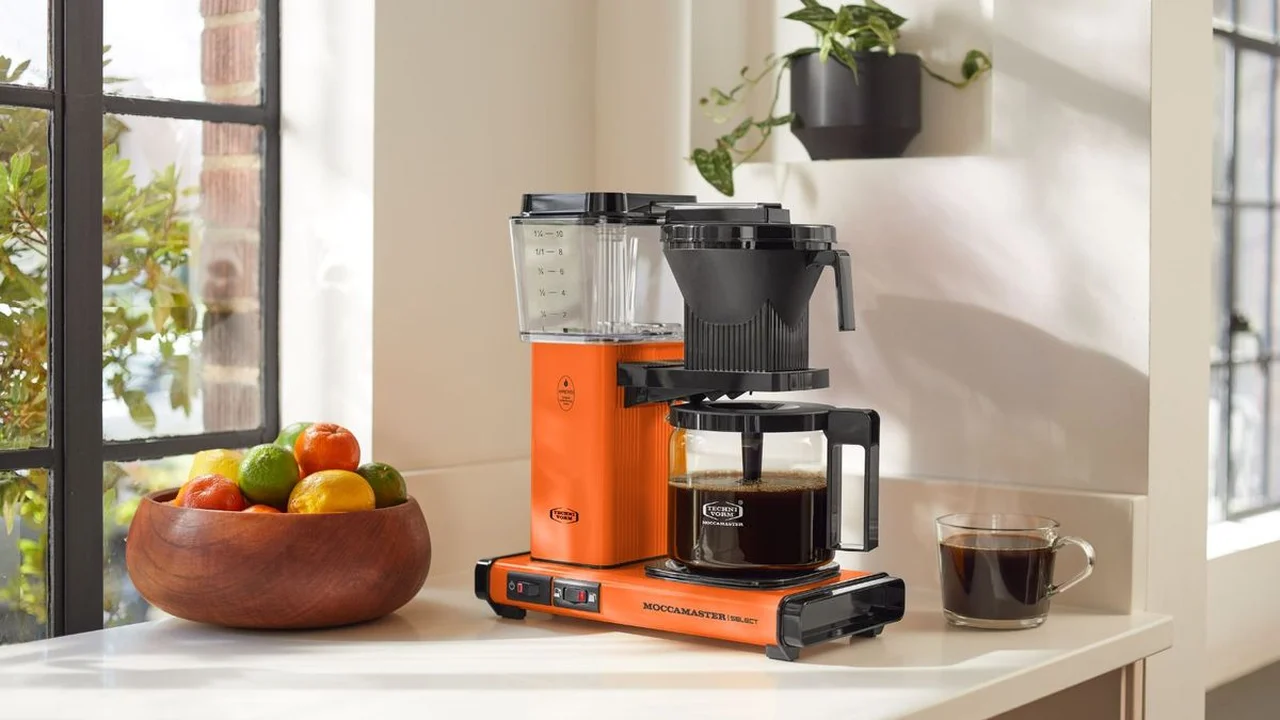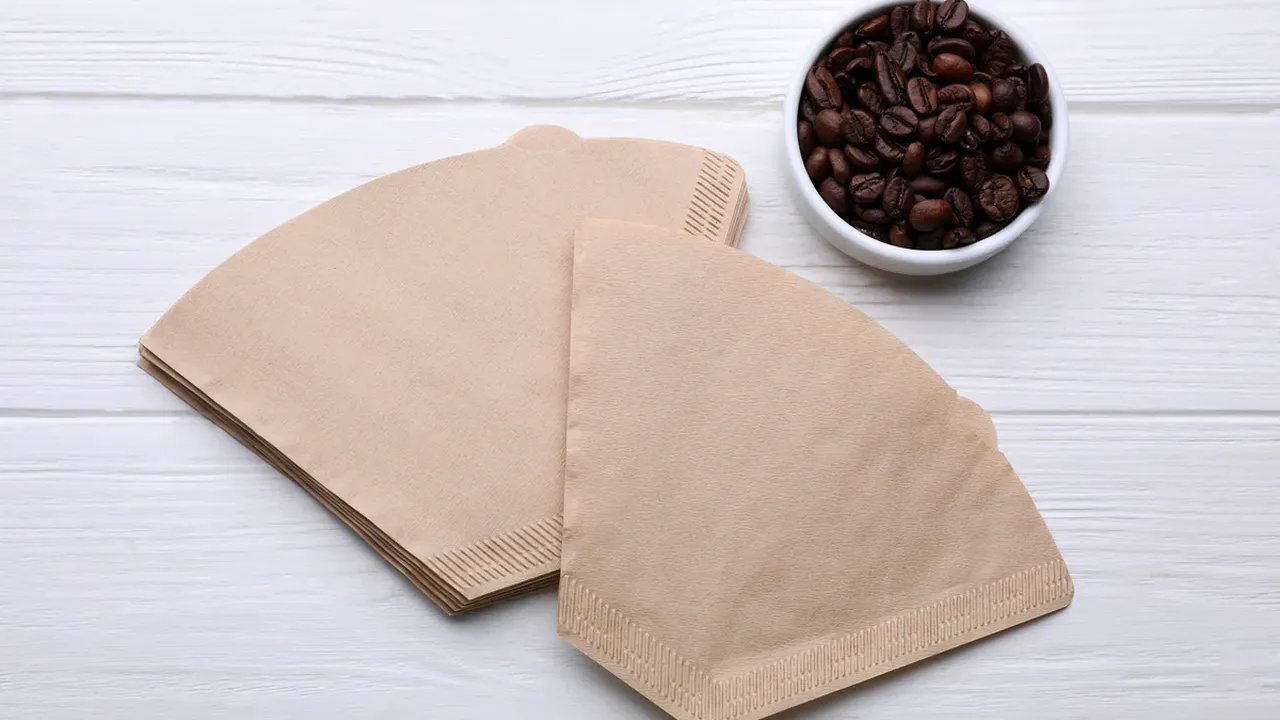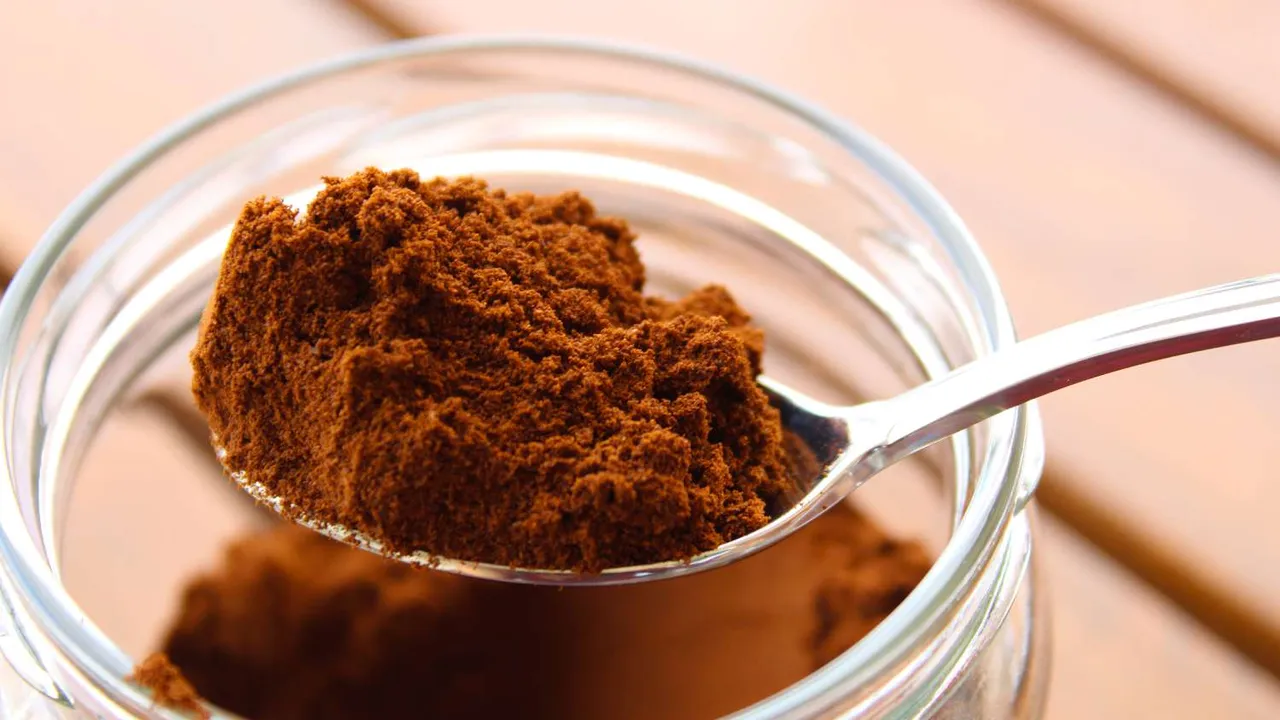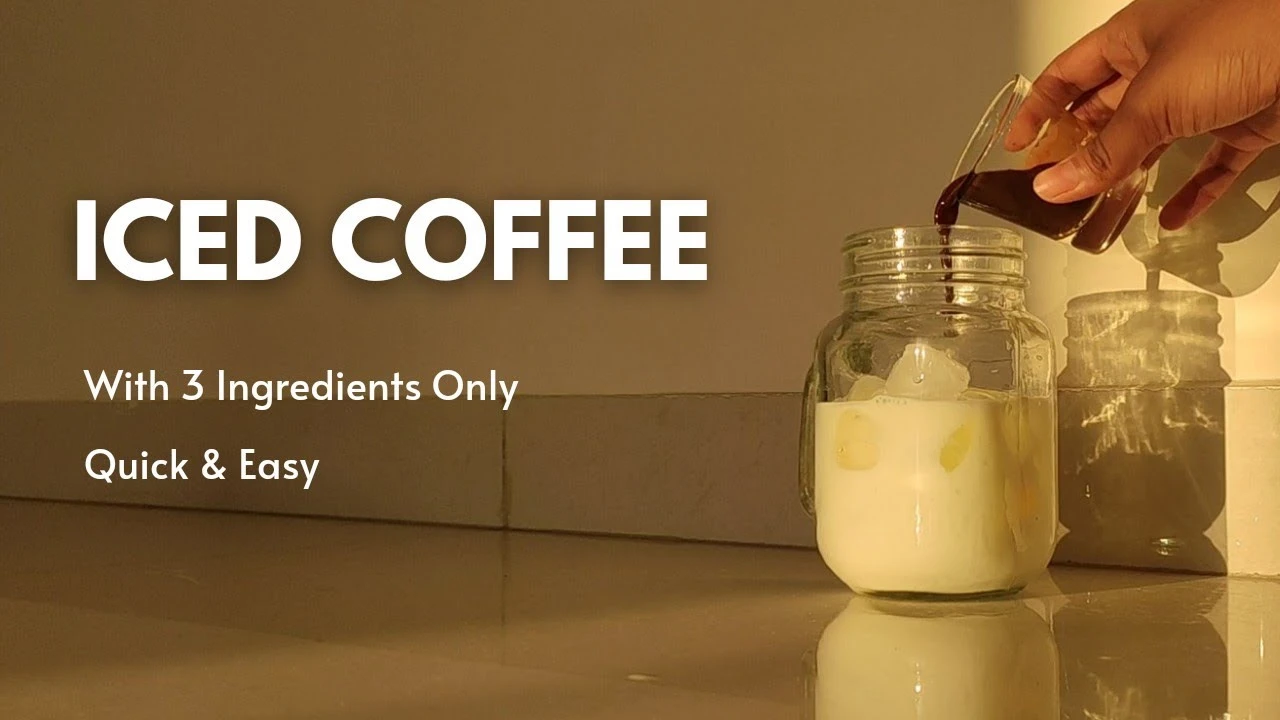Best Coffee Beans for French Press Brewing
Find the perfect coffee beans for your French press. Discover roasts and origins that deliver a rich, full-bodied cup.
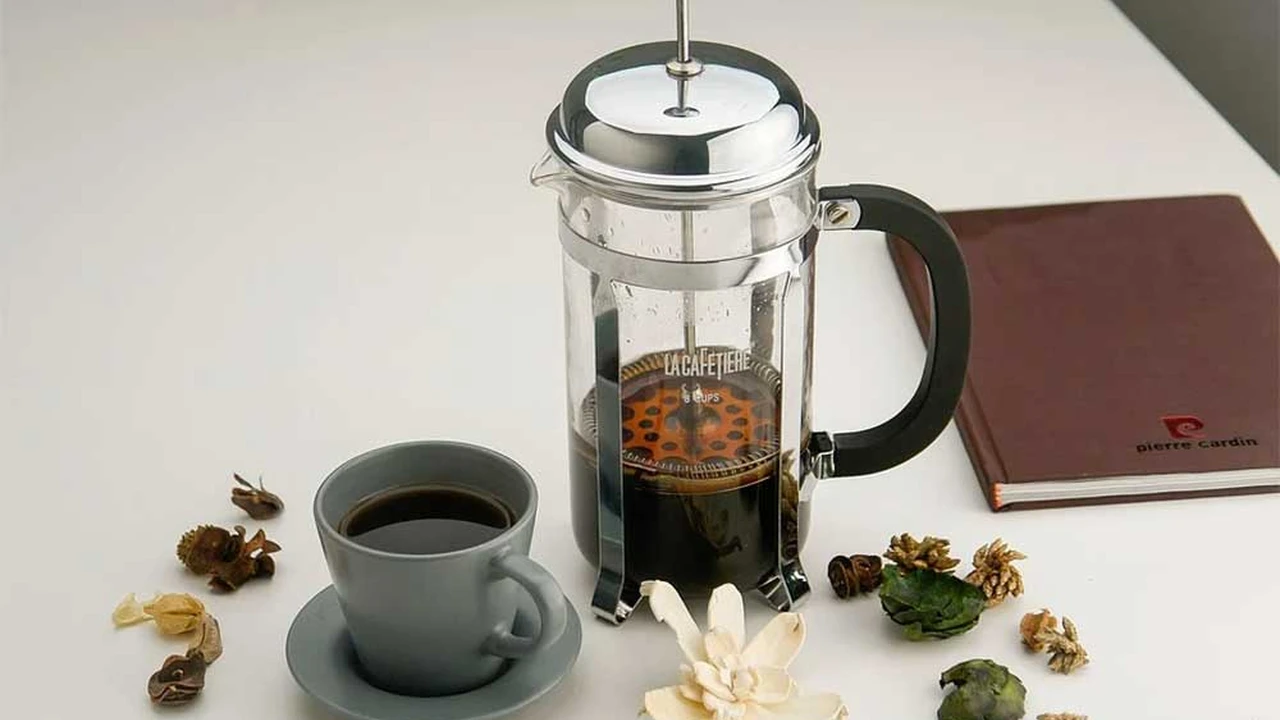
Best Coffee Beans for French Press Brewing
Understanding French Press Brewing and Coffee Bean Selection
The French press is a beloved brewing method known for producing a rich, full-bodied cup of coffee. Unlike drip coffee makers or espresso machines, the French press allows coffee grounds to steep directly in hot water, extracting a wide range of flavors and oils. This immersion method means that the choice of coffee beans is paramount to achieving that signature French press taste. You're looking for beans that can stand up to the extended contact time with water, delivering a robust flavor without becoming overly bitter or muddy. The ideal French press coffee is characterized by its deep flavor, pleasant mouthfeel, and often, a noticeable sediment at the bottom of the cup, which is part of its charm.
Why Roast Level Matters for French Press Coffee
When it comes to French press, the roast level plays a significant role in the final cup. While personal preference always comes first, certain roasts tend to shine brighter in this brewing method.
Medium Roasts for Balanced French Press Flavor
Medium roasts are often considered the sweet spot for French press. They offer a balanced flavor profile, showcasing the origin characteristics of the bean while also developing pleasant caramelization and body from the roasting process. You'll find notes of chocolate, nuts, and sometimes a hint of fruitiness. They are less acidic than light roasts and less bitter than dark roasts, making them incredibly versatile and forgiving for French press brewing. A medium roast allows the full spectrum of the bean's flavor to come through without being overshadowed by roast notes.
Dark Roasts for Bold and Robust French Press Coffee
If you prefer a bolder, more intense cup, dark roasts can be excellent for French press. These beans have been roasted longer, resulting in lower acidity and more pronounced smoky, chocolatey, and sometimes even spicy notes. Think of a classic diner coffee, but elevated. While dark roasts can sometimes be bitter in other brewing methods, the French press's full immersion and lack of paper filter can help to mellow out some of the harsher notes, allowing the rich, heavy body to shine. Just be mindful of over-extraction, as dark roasts can become overly bitter if steeped for too long.
Light Roasts and French Press Considerations
Light roasts are less common for French press, but they can certainly be used if you enjoy a brighter, more acidic cup with pronounced floral or fruity notes. The challenge with light roasts in a French press is that their delicate flavors can sometimes be masked by the sediment and heavier body. If you opt for a light roast, consider a slightly coarser grind and a shorter steep time to prevent over-extraction and preserve those nuanced flavors. It's an adventurous choice, but one that can yield surprisingly delightful results for those who appreciate the subtleties of coffee.
Best Coffee Bean Origins for French Press Brewing
The origin of your coffee beans significantly influences their flavor profile. Certain regions produce beans that naturally lend themselves well to the French press method.
Brazilian Coffee Beans for French Press Richness
Brazil is a powerhouse in coffee production, and its beans are often a fantastic choice for French press. Brazilian coffees are typically low in acidity and boast rich, nutty, and chocolatey notes, often with a creamy body. These characteristics translate beautifully in a French press, creating a comforting and full-flavored cup. They are incredibly versatile and a great starting point for anyone looking for a reliable French press bean.
Sumatran Coffee Beans for Earthy French Press Depth
For those who enjoy a more adventurous and earthy flavor profile, Sumatran coffees from Indonesia are an excellent option. These beans are known for their heavy body, low acidity, and unique notes of earth, dark chocolate, and sometimes even tobacco or spice. The French press method truly highlights their distinctive characteristics, resulting in a deeply satisfying and complex cup that stands out from the crowd.
Colombian Coffee Beans for Balanced French Press Flavor
Colombian coffees are renowned for their balanced flavor, medium body, and bright acidity, often with notes of caramel, citrus, and nuts. While they might seem more suited for drip coffee, a good Colombian bean can produce a wonderfully clean and vibrant French press. Look for medium-roasted Colombian beans to get the best of both worlds: a full body with a pleasant brightness that keeps the cup lively.
Ethiopian Coffee Beans for Fruity French Press Notes
Ethiopian coffees, particularly those from Yirgacheffe or Sidamo, are famous for their complex, floral, and fruity notes. While often enjoyed as pour-overs, a French press can bring out a different dimension of these beans. If you're looking for a French press that's less about boldness and more about aromatic complexity, a light to medium roasted Ethiopian bean can be a revelation. Be prepared for a cup that's bright, clean, and bursting with berry or citrus flavors.
Recommended Coffee Beans for Your French Press
Let's dive into some specific recommendations that consistently perform well in a French press, covering a range of price points and flavor preferences. Remember, prices are approximate and can vary based on retailer and availability.
Peet's Coffee Major Dickason's Blend
Type: Dark Roast Blend Origin: Multi-origin blend (often includes beans from Sumatra, Latin America, and Africa) Flavor Profile: Rich, complex, full-bodied with notes of dark chocolate, spice, and a smoky finish. Why it's great for French Press: This iconic blend is designed for boldness and depth, making it a perfect match for the French press. Its heavy body and low acidity are enhanced by the immersion brewing, resulting in a deeply satisfying and robust cup. It's a go-to for those who love a strong, classic coffee taste. Typical Price: $10-$15 for 12 oz Usage Scenario: Ideal for morning coffee when you need a strong start, or for those who enjoy their coffee black and bold. Great for making iced coffee too.
Stone Street Coffee Cold Brew Reserve
Type: Dark Roast Single Origin (Colombian Supremo) Origin: Colombia Flavor Profile: Smooth, low acidity, with notes of chocolate and caramel. Specifically designed for cold brew, but excellent for French press. Why it's great for French Press: While marketed for cold brew, its inherent smoothness and low acidity make it exceptional for hot French press. The dark roast brings out deep, rich flavors without bitterness, and the Colombian origin ensures a pleasant balance. It's incredibly forgiving and consistently delivers a clean, full-bodied cup. Typical Price: $18-$25 for 1 lb Usage Scenario: Perfect for both hot and cold French press. A versatile bean for those who want a smooth, rich coffee without any harsh edges. Great for adding milk or cream.
Lavazza Super Crema Whole Bean Coffee Blend
Type: Medium Espresso Roast Blend Origin: Blend of Arabica (Brazil, Central America, Indonesia) and Robusta (Vietnam) Flavor Profile: Creamy, aromatic, with notes of hazelnut and brown sugar. Designed for espresso, but its characteristics translate well. Why it's great for French Press: Don't let the 'espresso' in the name fool you. This blend's medium roast and inclusion of Robusta (for crema in espresso, but body in French press) give it a fantastic body and a smooth, rich flavor that excels in a French press. It's consistently good and offers a classic Italian coffee experience. The slight Robusta content adds a pleasant earthiness and extra body. Typical Price: $15-$20 for 2.2 lb (large bag, great value) Usage Scenario: Excellent for daily drinking, especially if you enjoy a coffee with a good body and a hint of sweetness. Also works well for making coffee-based desserts.
Stumptown Coffee Roasters Hair Bender
Type: Medium-Dark Roast Blend Origin: Multi-origin blend (often includes beans from Indonesia, Latin America, and Africa) Flavor Profile: Complex, balanced, with notes of dark chocolate, cherry, and toffee. Why it's great for French Press: Hair Bender is a flagship blend known for its versatility and depth. Its medium-dark roast profile brings out a beautiful balance of sweetness and bitterness, with a full body that is perfectly showcased in a French press. It's a sophisticated choice that offers layers of flavor without being overwhelming. Typical Price: $15-$20 for 12 oz Usage Scenario: A great all-rounder for any time of day. Perfect for those who appreciate a nuanced cup with a satisfying finish. Also performs well as espresso.
Kicking Horse Coffee Kick Ass Dark Roast
Type: Dark Roast Blend Origin: Multi-origin blend (often from Indonesia and South America) Flavor Profile: Bold, smoky, sweet, with notes of chocolate and licorice. Why it's great for French Press: True to its name, this coffee delivers a powerful punch. It's a very dark roast, but Kicking Horse manages to maintain a surprising sweetness and smoothness, avoiding excessive bitterness. The French press method allows its robust flavors to fully develop, making it a favorite for those who crave an intense coffee experience. Typical Price: $10-$15 for 10 oz Usage Scenario: For the serious dark roast lover. Excellent for a strong morning brew or as a pick-me-up throughout the day. Pairs well with rich breakfast foods.
Lifeboost Coffee Medium Roast Single Origin
Type: Medium Roast Single Origin Origin: Nicaragua Flavor Profile: Smooth, low acid, with notes of chocolate, caramel, and a hint of fruit. Why it's great for French Press: Lifeboost focuses on low-acid, organic, and fair-trade beans, making this a great choice for those with sensitive stomachs or who prioritize ethical sourcing. The medium roast from Nicaragua offers a beautifully balanced and clean cup in a French press, highlighting its natural sweetness and smooth finish. It's a premium option for a refined French press experience. Typical Price: $30-$35 for 12 oz Usage Scenario: For health-conscious coffee drinkers or those seeking a very clean, smooth, and naturally sweet cup. Great for enjoying black to appreciate its subtle complexities.
Grind Size and Water Temperature for French Press Success
Beyond the beans, two critical factors for French press success are grind size and water temperature.
Optimal Grind Size for French Press
For French press, you need a coarse, uniform grind. Think of coarse sea salt or breadcrumbs. If the grind is too fine, you'll end up with an over-extracted, bitter, and muddy cup, and pushing the plunger down will be incredibly difficult. If it's too coarse, your coffee will be under-extracted and weak. A consistent coarse grind ensures even extraction and allows the plunger to press down smoothly, separating the grounds from the brewed coffee effectively. Using a burr grinder is highly recommended for achieving this consistency.
Ideal Water Temperature for French Press
The ideal water temperature for French press, and most coffee brewing, is between 195°F and 205°F (90°C and 96°C). This is just off the boil. Water that is too hot can scorch the coffee grounds, leading to a bitter taste. Water that is too cool will result in under-extraction, leaving your coffee weak and sour. If you don't have a temperature-controlled kettle, simply bring your water to a boil and then let it sit for about 30-60 seconds before pouring. This allows it to cool down to the optimal temperature range.
Tips for Brewing the Best French Press Coffee
Even with the right beans and grind, a few simple tips can elevate your French press game.
Preheating Your French Press
Always preheat your French press carafe with hot water before adding your coffee grounds. This prevents the brewing water from losing too much heat when it comes into contact with a cold vessel, ensuring a more stable brewing temperature and better extraction.
Coffee to Water Ratio
A good starting point for French press is a 1:15 ratio of coffee to water. This means for every 1 gram of coffee, use 15 grams of water. For example, if you're using 30 grams of coffee, you'd use 450 grams (or ml) of water. Adjust this ratio to your personal taste – some prefer a stronger 1:12, others a lighter 1:17.
Steep Time for French Press
The typical steep time for French press is 4 minutes. After pouring in your hot water and giving it a gentle stir (the 'bloom'), let it steep for this duration. For a stronger cup, you can extend it to 5 minutes, but be cautious of over-extraction, especially with darker roasts. For lighter roasts, you might even try 3 minutes to preserve delicate flavors.
The Plunge and Pour
Once steeped, slowly and steadily press the plunger down. Avoid pressing too quickly, as this can agitate the grounds and force fine particles through the filter, resulting in a muddier cup. Once plunged, pour all the coffee out immediately. Leaving brewed coffee in the French press with the grounds will continue the extraction process, leading to an increasingly bitter taste.
Maintaining Your French Press for Optimal Flavor
Proper cleaning and maintenance of your French press are crucial for consistently great coffee. Residual coffee oils can go rancid and impart off-flavors to your next brew.
Regular Cleaning of French Press Components
After each use, disassemble the plunger and thoroughly wash all parts with warm, soapy water. Pay special attention to the mesh filter, as fine coffee particles can get trapped there. A small brush can be helpful for scrubbing the mesh. Rinse thoroughly to remove all soap residue.
Deep Cleaning Your French Press
Periodically, give your French press a deeper clean. You can use a mixture of warm water and white vinegar (1 part vinegar to 2 parts water) to soak the components for 15-30 minutes. This helps to break down stubborn coffee oils and mineral deposits. Alternatively, some people use a small amount of baking soda with water to scrub away residue. Always rinse thoroughly after deep cleaning.
Exploring Beyond the Basics with French Press
The French press is incredibly versatile. Once you've mastered the basics, don't be afraid to experiment.
French Press for Cold Brew Coffee
The French press is an excellent tool for making cold brew. Simply add coarsely ground coffee and cold water to your French press, stir gently, and let it steep in the refrigerator for 12-24 hours. Then, slowly plunge and enjoy a smooth, low-acid coffee concentrate.
Adding Spices and Flavorings to French Press
For a unique twist, try adding whole spices like cinnamon sticks, cardamom pods, or star anise to your French press along with the coffee grounds. You can also experiment with a dash of vanilla extract or a few drops of a flavored syrup after brewing. The immersion method allows these flavors to infuse beautifully.
French Press for Tea and Other Infusions
Your French press isn't just for coffee! It's also perfect for brewing loose leaf tea, making herbal infusions, or even creating flavored water with fruits and herbs. Just be sure to clean it thoroughly between uses to avoid flavor cross-contamination.
Final Thoughts on French Press Coffee Beans
Choosing the best coffee beans for your French press is a journey of discovery. While medium and dark roasts from regions like Brazil and Sumatra often provide that classic, full-bodied experience, don't shy away from experimenting with lighter roasts or different origins if you're feeling adventurous. The beauty of the French press lies in its simplicity and its ability to highlight the inherent characteristics of the coffee bean. By paying attention to roast level, origin, grind size, and brewing technique, you'll consistently brew a rich, satisfying cup that truly showcases the best of your chosen beans. Happy brewing!
:max_bytes(150000):strip_icc()/277019-baked-pork-chops-with-cream-of-mushroom-soup-DDMFS-beauty-4x3-BG-7505-5762b731cf30447d9cbbbbbf387beafa.jpg)



